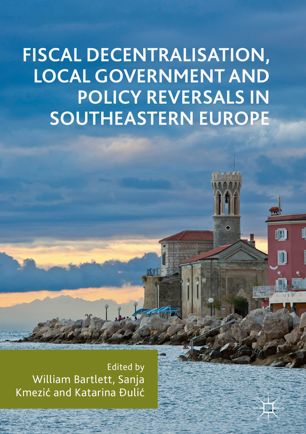

Most ebook files are in PDF format, so you can easily read them using various software such as Foxit Reader or directly on the Google Chrome browser.
Some ebook files are released by publishers in other formats such as .awz, .mobi, .epub, .fb2, etc. You may need to install specific software to read these formats on mobile/PC, such as Calibre.
Please read the tutorial at this link: https://ebookbell.com/faq
We offer FREE conversion to the popular formats you request; however, this may take some time. Therefore, right after payment, please email us, and we will try to provide the service as quickly as possible.
For some exceptional file formats or broken links (if any), please refrain from opening any disputes. Instead, email us first, and we will try to assist within a maximum of 6 hours.
EbookBell Team

4.1
90 reviewsThis edited collection provides a comprehensive geographic and chronological overview of the decentralisation processes in the successor states of former Yugoslavia and Albania during their transition and EU integration years, from 1990 until 2016. These countries present a unique laboratory for the analysis of economic, social and political change, having traversed armed conflicts, dramatic economic and political changes, and EU pre-accession processes involving deep institutional reform. They have also endured the Eurozone crisis, which has led to high levels of unemployment, wide fiscal gaps and dangerously high levels of indebtedness.
Observing the quarter century-long transition from socialism to capitalism through the prism of decentralisation sheds new light on studying the political economy of the region and the current status of the individual countries in terms of economic development and their EU integration progress. The contributors enrich the wider literature on fiscal decentralisation in transition countries by exploring several broad questions on democratisation, the political economy of post-communist transition, the role of external actors in policy transfer and the issue of financial stability in the post-crisis period.